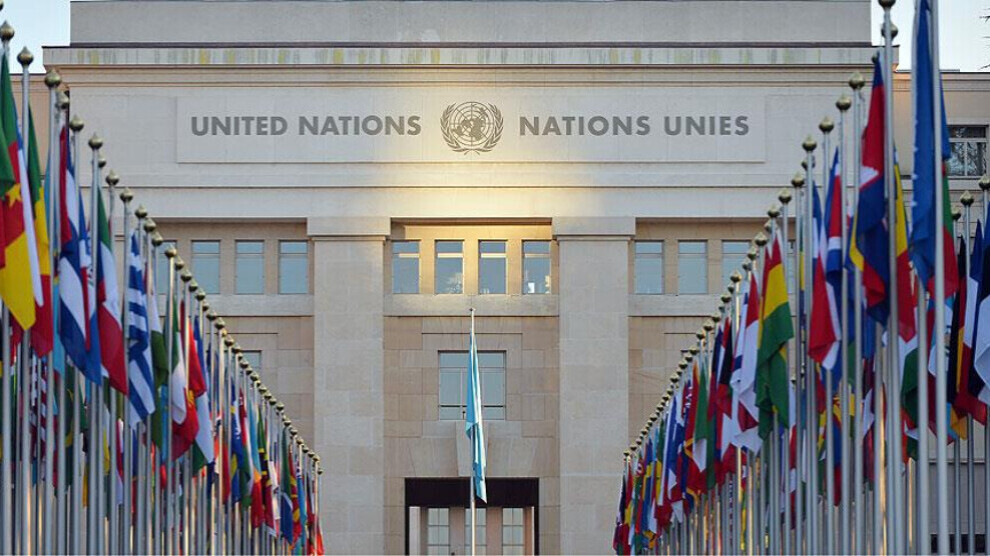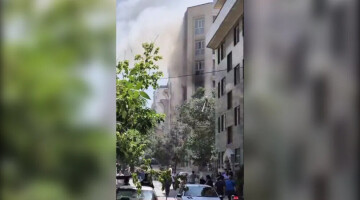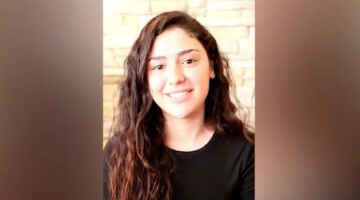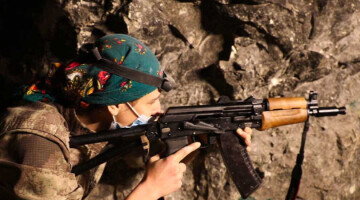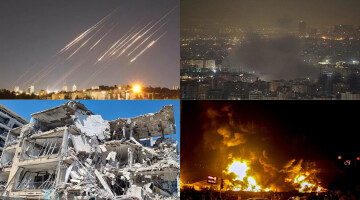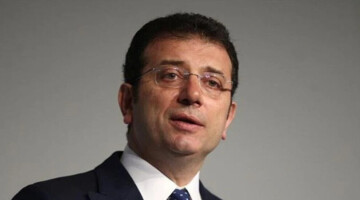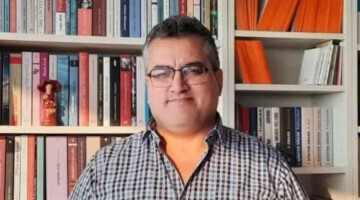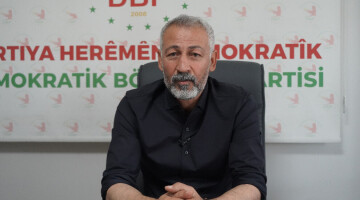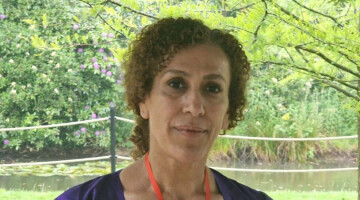The 80th session of the United Nations Committee against Torture, which started on 8 July at the Palais de Wilson of the UN Geneva Office, continued today with a session on Turkey. Rapporteurs of the UN Committee against Torture, representatives of non-governmental organisations submitting reports on Turkey and the Turkish delegation attended the session.
Today's session continued with the answers of the Turkish delegation to the questions of the UN Special Rapporteurs and new questions of the Special Rapporteurs to the delegation.
The Turkish delegation gave a forced legal explanation to UN Special Rapporteur Maeda Naoko's question about the isolation in İmralı by saying ‘There is no isolation but a ban on visits’ in yesterday's sessions. The delegation faced a question today about the isolation conditions of Kurdish People's Leader Abdullah Öcalan.
New questions from the special rapporteur on the isolation in İmrali
The UN Special Rapporteur against Torture, Bakhtiyar Tuzmukhamedov, took the floor in response to the defence of Fatih Güngör, Deputy Director General of Prisons and Detention Houses at the Turkish Ministry of Justice, on the disciplinary penalties and lawyer bans imposed on Abdullah Öcalan and 3 other prisoners in İmralı, and asked about the continuity and legal dimension of the bans.
Special Rapporteur Bakhtiyar Tuzmukhamedov emphasised the importance of prisoners being in contact with their lawyers as a safeguard against torture and ill-treatment and asked the following questions:
"It was stated that Mr Öcalan was not in contact with his family and lawyers due to disciplinary restrictions imposed on him. Is this restriction imposed only once, for a period of three or six months, or is it repeated immediately after the end of each sentence?
If this penalty was applied several times, how long was Mr Öcalan deprived of communication in total? In other cases, how long can detainees be deprived of contact with their families or lawyers?
Contact with a lawyer is very important as it is a safeguard against torture and ill-treatment. Can you therefore provide us with information on the legislation that allows for such restrictions on contact between lawyers and persons deprived of their liberty and to what extent this is in line with international standards in this field?"
The Turkish delegation left the questions from the Special Rapporteur Tuzmukhamedov unanswered.

